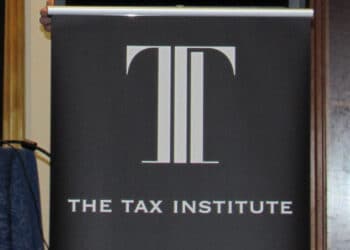Speaking at the SMSF Association Technical Summit this week, SMSF Association deputy chief executive Peter Burgess said the SMSF Association has been having monthly meetings with APRA-regulated fund administrators and the ATO to try and remove some of the obstacles preventing the efficient transfer of money between the two sectors.
Mr Burgess said while the SMSF Association understands that the APRA funds know your client obligations that need to be met, the Association is looking for a consistent approach across all large super funds to help prevent delays in the rollover process.
“The vast majority of APRA [regulated] funds require the same things when doing proof of identity but there are a few outliers which make it difficult for us in the SMSF sector,” he said.
“We’re asking for consistency in approach and for those outliers to be brought into line.”
Mr Burgess noted that there are still certain APRA-regulated funds that require hard copies of certified documents to be sent in the mail and won’t accept them electronically.
“We are asking for electronic by default to improve the efficiency of the rollover process,” he said.
Speaking at the SMSF Association conference earlier this year, Mr Burgess explained that the SMSF verification service doesn’t provide the validation that the APRA-regulated funds need to meet their anti-money laundering CTF obligations.
“Now the APRA [regulated] fund can verify a lot of things with this SMSF verification service, they can verify that a member is actually a member of the SMSF, they can verify the compliance status of an SMSF, they can verify the ESA provider. But when it comes to the bank account, all that’s verified is that the information that the member has provided agrees with the ATO records.”
Mr Burgess said there is no validation back to the financial institution, which is where the problem lies.
“For the APRA [regulated] funds to meet their anti-money laundering obligations, they need to verify that that’s the financial institution. This verification service doesn’t do that,” he explained.
“It’s just verifying that the information the member has provided matches what the ATO has on record, not the financial institutions necessarily.”
This means that when a client tries to instigate a rollover from an APRA-regulated fund to an SMSF, the fund is always looking for extra verification to verify the bank account, he said.
“In some cases, they want a certified copy of bank statements, so they can get company that is actually recognised,” he stated.


